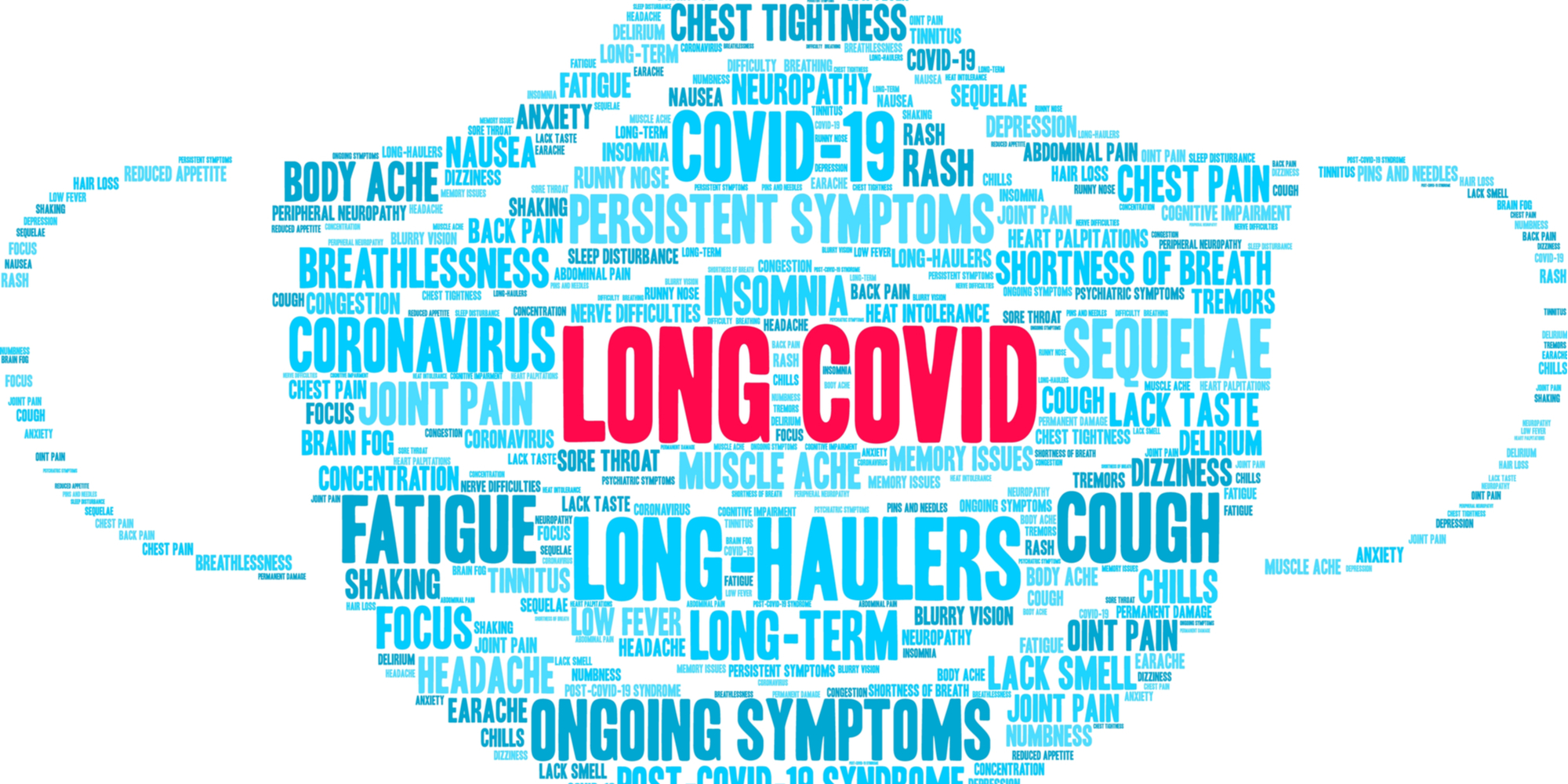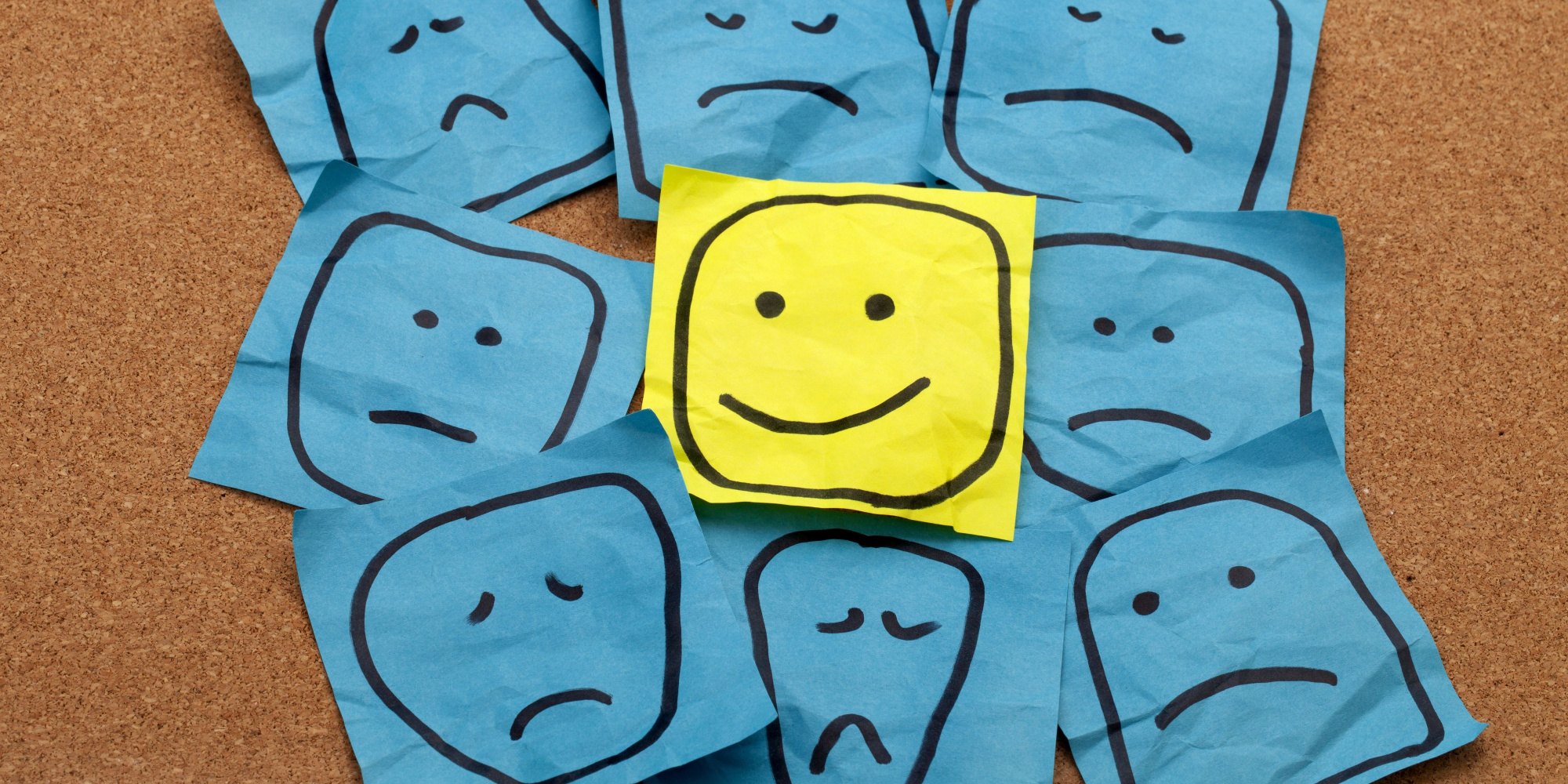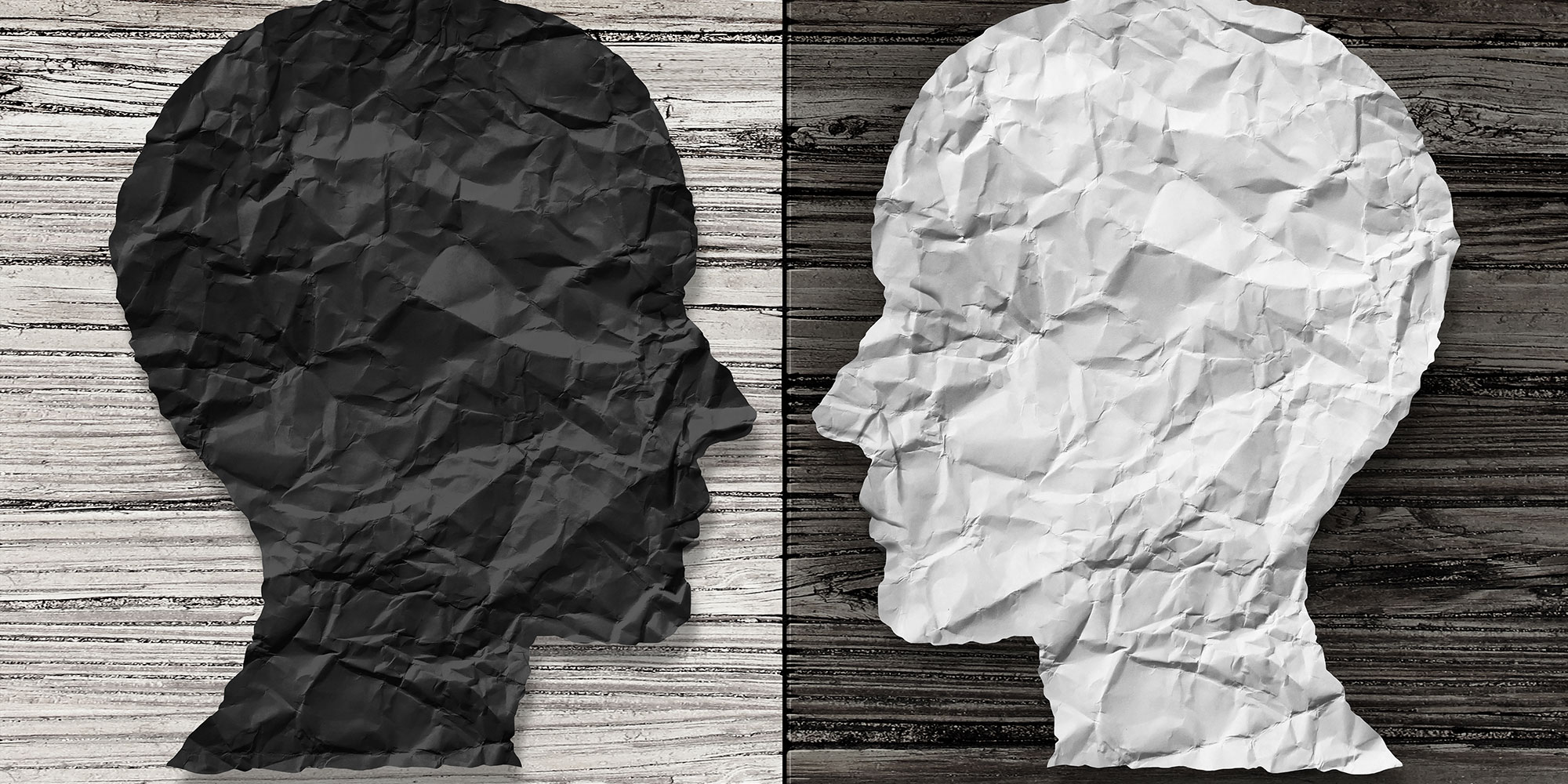Adult mental health services are proving to be a crucial part of learning how to live with the lasting effects of the Coronavirus. While much of the world is attempting to return to a new normal, many of those that contracted the Coronavirus are left with potentially lifelong effects. Understandably, the potentially debilitating health consequences of COVID and the uncertainty surrounding a timeline for recovery have left many “long haulers” with depression and anxiety. In addition, post-traumatic stress disorder (PTSD) related to near-death experiences in hospital settings is surfacing in a post-pandemic environment.
The Coronavirus outbreak caused disruption to societies on a global scale. Stressors from isolation, economic concerns, and health scares resulted in a traumatized population in need of medical and psychological attention. In this aftermath, adult mental health services are playing a significant role in supporting an emotionally battered public who is struggling mentally.
Contents
What Is Long COVID?

Long COVID refers to the remaining health effects that people are left with after a Coronavirus infection. Long COVID can affect anyone who has been infected with the Coronavirus, regardless of the severity of the disease. In fact, over 30 percent of those who had COVID are thought to have Long COVID symptoms. For some, these symptoms have been ongoing for years, and the medical community does not yet have any insight to offer as to when they may lessen.
The Effects of Long COVID on Mental Health
Chronic illness is taxing. However, chronic illness with no known treatment has resulted in a mental strain that compounds physical symptoms. These physical symptoms of Long COVID often include:
- Exhaustion
- Mobility issues
- Brain fog
- Chronic pain
- Skin rashes
- Inflammation
- Breathing issues
- Impaired organ function
On top of these symptoms, long haulers are also presenting with higher rates of depression, anxiety, PTSD, and post-intensive care syndrome (PICS). Unfortunately, these mental health conditions extend far beyond a bad mental health day to diagnosable mental illnesses.
COVID Depression
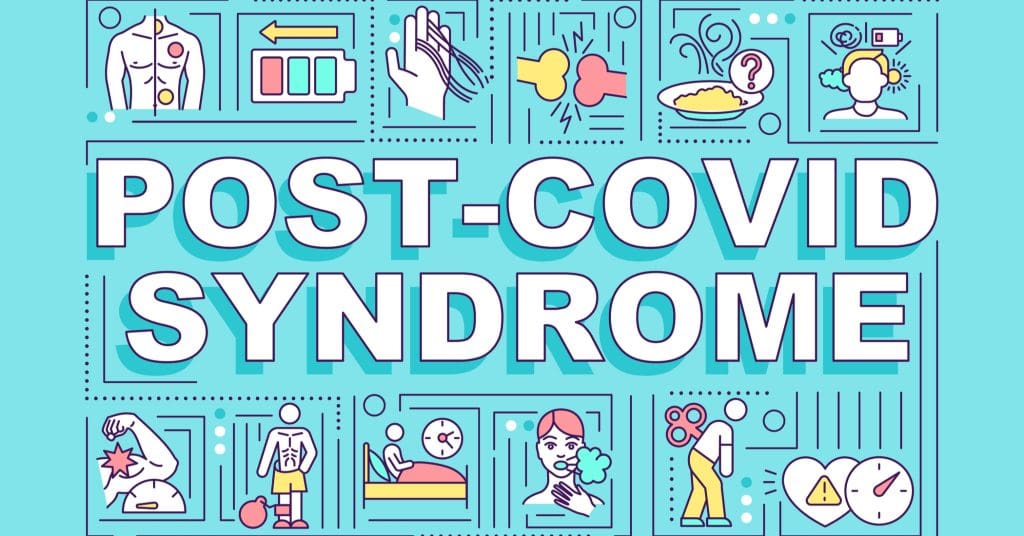

Long COVID patients are suffering from depression for several reasons. On one hand, lingering brain inflammation from the infection is resulting in depressive symptoms. For example, systemic inflammation is a frequently reported symptom among long haulers and results in psychological distress.
Additionally, depression can be due to situational effects. For example, adjusting entire lives around new limitations can directly contribute to low morale and depression. This is especially true for those who lack a support system in family or friends. Due to this, the availability of adult mental health services is imperative in assisting this population.
Coronavirus Anxiety
As seen with depression, chronic anxiety after having a COVID infection can be the result of physical ailments like inflammation, or traumatic experiences. Notably, anti-anxiety prescriptions increased during the start of the pandemic. However, a substantial proportion of anxiety disorders were diagnosed post-infection.
PTSD from COVID
Post-traumatic stress disorder is often discussed in relation to the military population. However, PTSD can occur to anyone after living through any type of traumatic event. During the height of COVID, many people experienced extended stays in the ICU. Additionally, countless witnessed deaths of friends and family members, often from a distance. Understandably, these encounters can be difficult to digest and often resurface in the form of nightmares, flashbacks, and other PTSD symptoms.
Fortunately, adult mental health services can treat the detrimental effects inflicted on the mental health of long haulers.
Adult Mental Health Services for Holistic Wellbeing
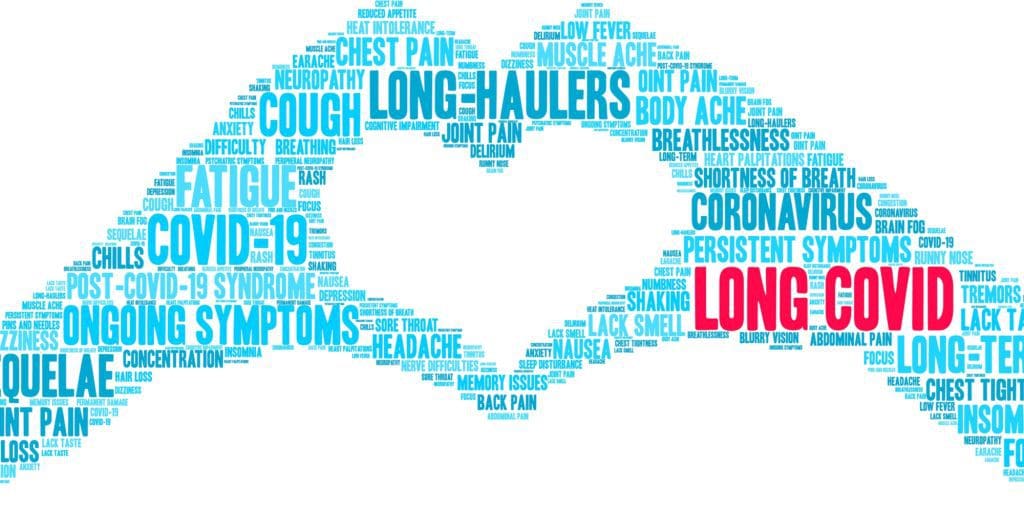

Ultimately, there is not yet a protocol for long haulers. In many ways, they are left to find their own way back to wellness. In this way, adult mental health services can bridge the gap between chronic illness and mental health. Additionally, treatment at an adult behavioral health center extends beyond the patient to the patient’s family and support system ensuring a well-rounded approach to improving mental wellness.
Several mental health modalities have been showing promise in treating trauma in Long COVID patients. These include:
- Cognitive Behavioral Therapy (CBT)
- Acceptance and Commitment Therapy (ACT)
- Individual and Group Therapy
- Peer Support Groups
Many evidence-based treatments like CBT and ACT are giving COVID survivors the tools they need to work through chronic disease. However, social media platforms that offer peer support groups are also giving long haulers a voice and a place to share symptoms and stories. While these groups are helpful for sharing stories and establishing a common ground, they are not a replacement for evidence-based therapeutic sessions.
Adult Mental Health Services with a Trauma-Informed Approach
At Port St. Lucie Hospital, we offer adult mental health services with a trauma-informed approach. This means our professional treatment team takes past experiences into account when treating mental health disorders In this way, the patient and practitioner can work together to establish methods of coping with trauma so that the person does not have to experience re-traumatization.
At our South Florida behavioral center, you have options when getting help for mental health. To accommodate your needs we offer:
- Adult Mental Health Program
- Crisis Care Services (Emergency Services)
- Dual Diagnosis
- Medical Detox
- Partial Hospitalization Program (PHP)
- Senior Adult Mental Health Program
Regardless of which program is chosen, Port St. Lucie Hospital will give you a safe place to work through the emotions of living with chronic illness. If you’re in need of adult mental health services due to the Coronavirus, you can contact Port St. Lucie Hospital at 772-238-7426. Alternatively, you can use our confidential online contact form. Whichever way you choose to reach out, we’ll be ready to answer questions and get you started on the path toward recovery.

